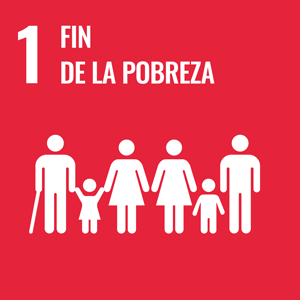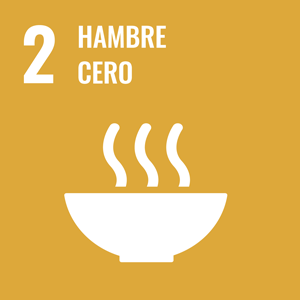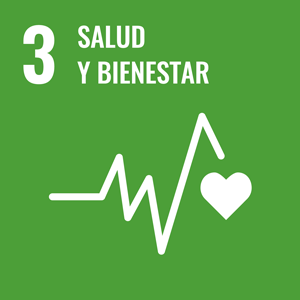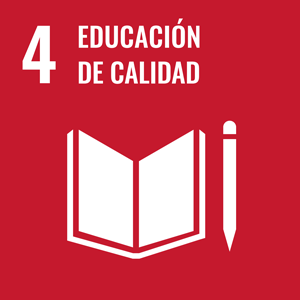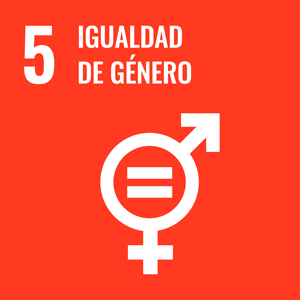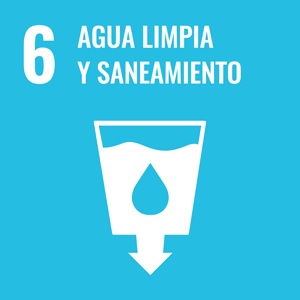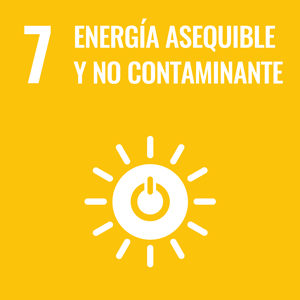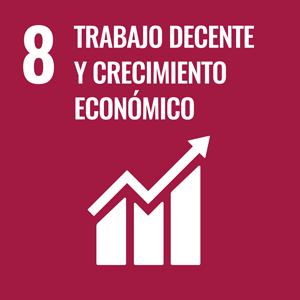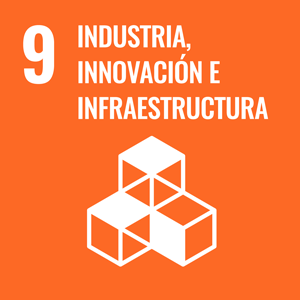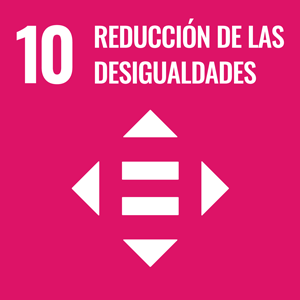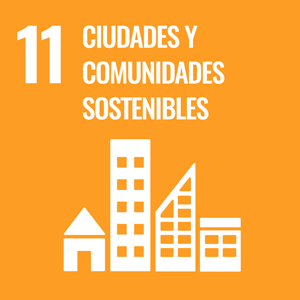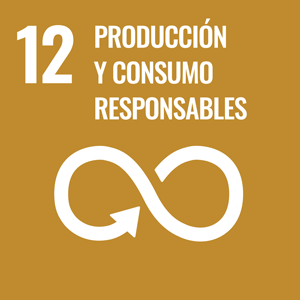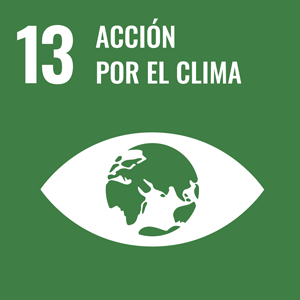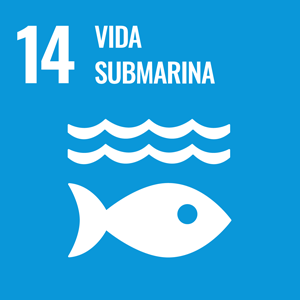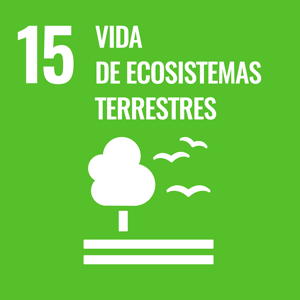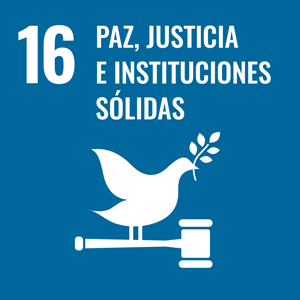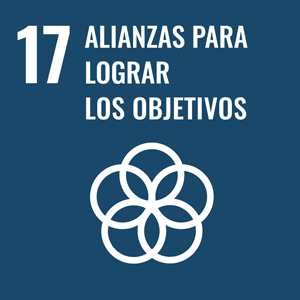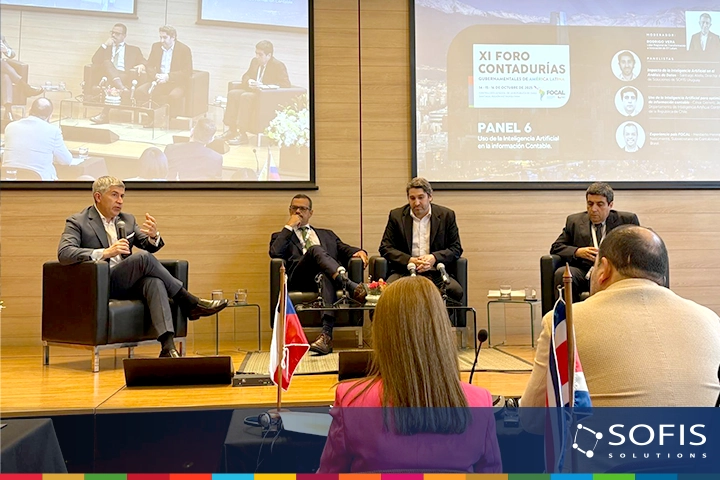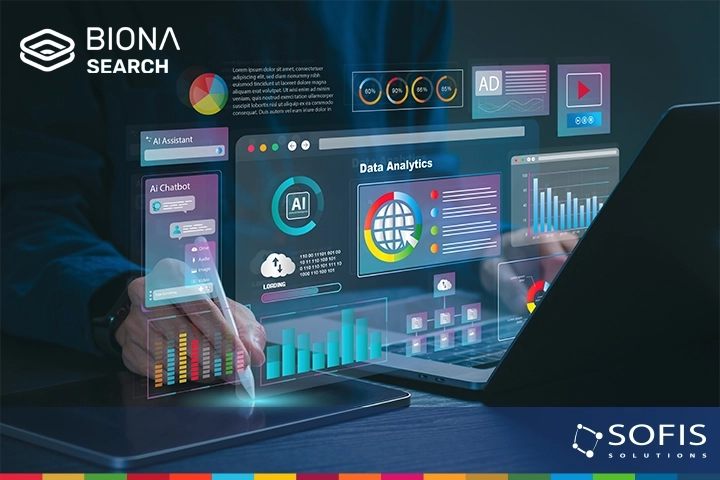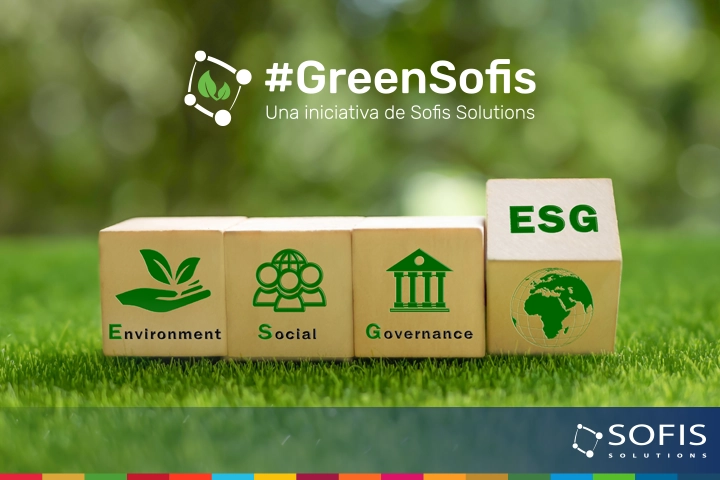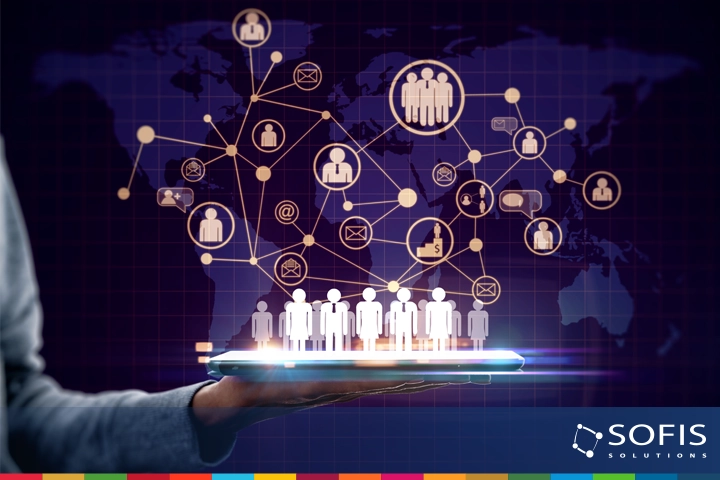-
Who we are
-
-
StrategyMission
To solve the challenges of organizations and communities through intelligent, secure, sustainable, and people-centered solutions, so they generate real value in their social and productive contexts.
VisionTo be the chosen company by organizations seeking to innovate with quality, purpose, and trust in the intelligent era.
Learn moreValues- Ethics and transparency
- Professionalism
- Respect
- Honesty
- Innovation
- Responsibility
- Effectiveness
- Integrity
- Customer orientation
- Punctuality
-
-
-
History
Sofis Solutions was born in 2005, in the city of Montevideo - Uruguay.
Since its inception, the main driver was and remains quality. This applies to processes, products, and relationships with the environment.The internationalization of the company It was one of the founding objectives. In the first stage, it expanded from Uruguay, and in the second stage, it opened offices in Latin American countries. Currently, it has offices in Montevideo, Panama, El Salvador and Ecuador.
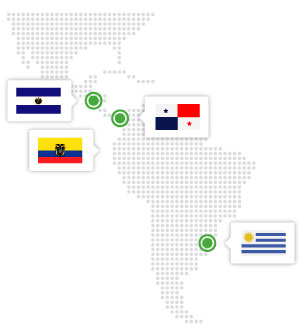
-
-
-
Alliances

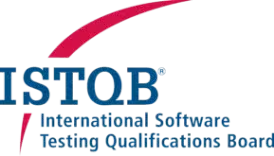



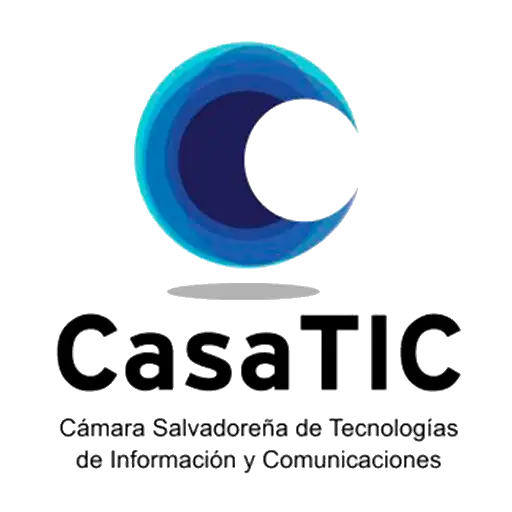
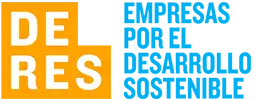

-
-
-
Certifications

CMMI-DEV-3
More informationNational Quality Award - 2023 Edition
More informationISO 9001:2015
Quality Management SystemISO 37001:2016
Anti-Bribery Management SystemISO 14001:2015
Environmental Management System
-
-
-
SustainabilityLearn more
Sofis Solutions integrates environmental, social, and governance (ESG) principles into its management and operations, driving sustainability through Digital Transformation. Its strategic approach prioritizes energy efficiency, digital inclusion, and transparency in digital governance, contributing to the responsible development of organizations.
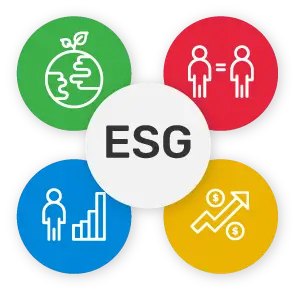
-
-
-
What we do
-
-
IT projectsLearn moreAt our Software Factory, we specialize in providing software development solutions with a focus on excellence and sustainability.
-
-
-
Software qualityOur software quality services comprehensively address the aspects or dimensions of software quality, addressing this approach throughout the entire software development cycle.
- Manual and automated functional suitability testing
- Performance testing
- Software product quality
- Software quality consulting
Learn more
-
-
-
Staff AugmentationLearn moreWhat is IT Staff Augmentation? IT Staff Augmentation is a specialized technical staffing model that enables organizations to increase their agility and respond to the changing technological needs of the market.
-
-
-
ConsultancyIn the public sector, strategic decisions and projects with citizen-centered designs and excellence have the power to transform entire communities.Learn more
-
-
-
BIonA SuiteBIonA Suite is a comprehensive platform for the intelligent management of processes and services in public and private organizations. BIonA Suite facilitates smart transformation with a focus on public value and user experience. Learn more
-
-
-
Projects
-
-
Recent projects
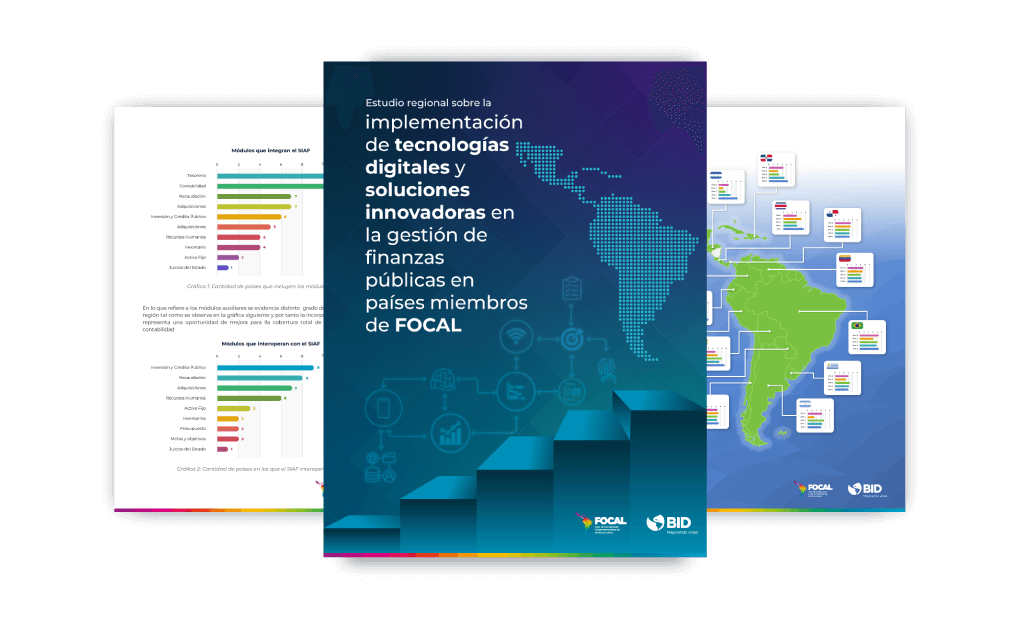 FOCAL Regional StudyFOCAL - El Salvador
FOCAL Regional StudyFOCAL - El Salvador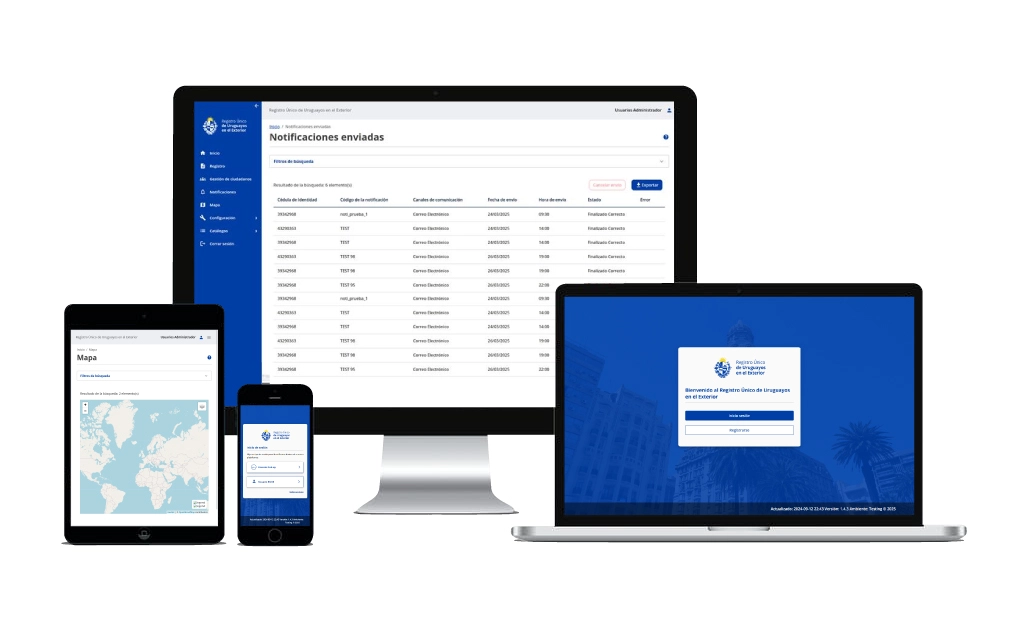 Single Registry of Uruguayans AbroadMinistry of Foreign Affairs - Uruguay
Single Registry of Uruguayans AbroadMinistry of Foreign Affairs - Uruguay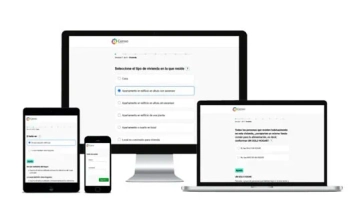 Population and Housing Census 2023National Institute of Statistics - Uruguay
Population and Housing Census 2023National Institute of Statistics - Uruguay
-
-
-
Digital Public InfrastructureWhat are Digital Public Platforms?ProjectsProducts
-
-
-
-
Mobile applicationsWe create hybrid, native, and PWA solutions for devices with Android and iOS operating systems.
Some of our projects:Digital Patrols, Ecuadorian Bovine Information System, Easy Budget UY, Digital Portfolio, SIGES Teachers App, SIGES Parents App.
Learn more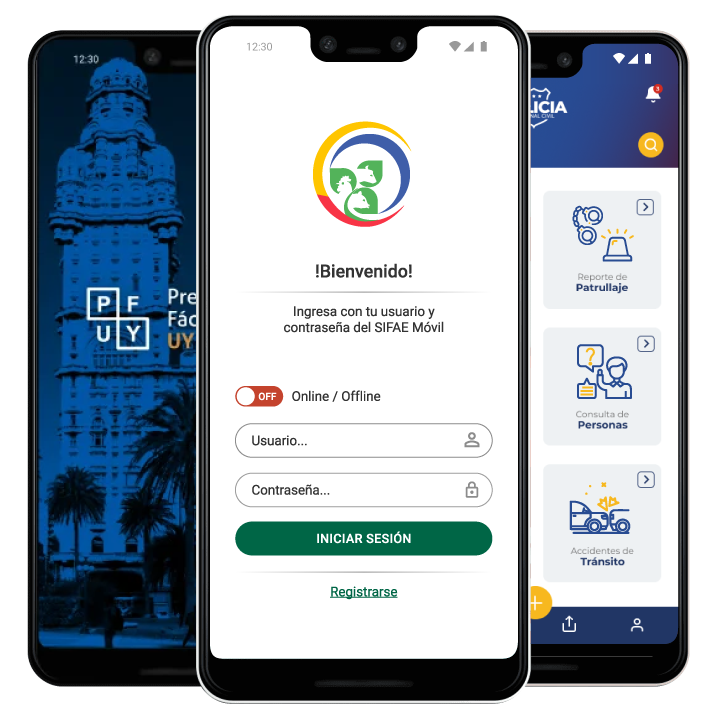
-
-
-
FOCAL regional studyThe purpose of the study was to carry out a regional analysis with the objective of identifying and evaluating the maturity level of the member countries of the Latin American Government Accounting Forum (FOCAL), currently composed of Argentina, Bolivia, Brazil, Chile, Colombia, Costa Rica, Ecuador, El Salvador, Guatemala, Honduras, Mexico, Nicaragua, Panama, Paraguay, Peru, Dominican Republic, Uruguay and Venezuela.Learn more
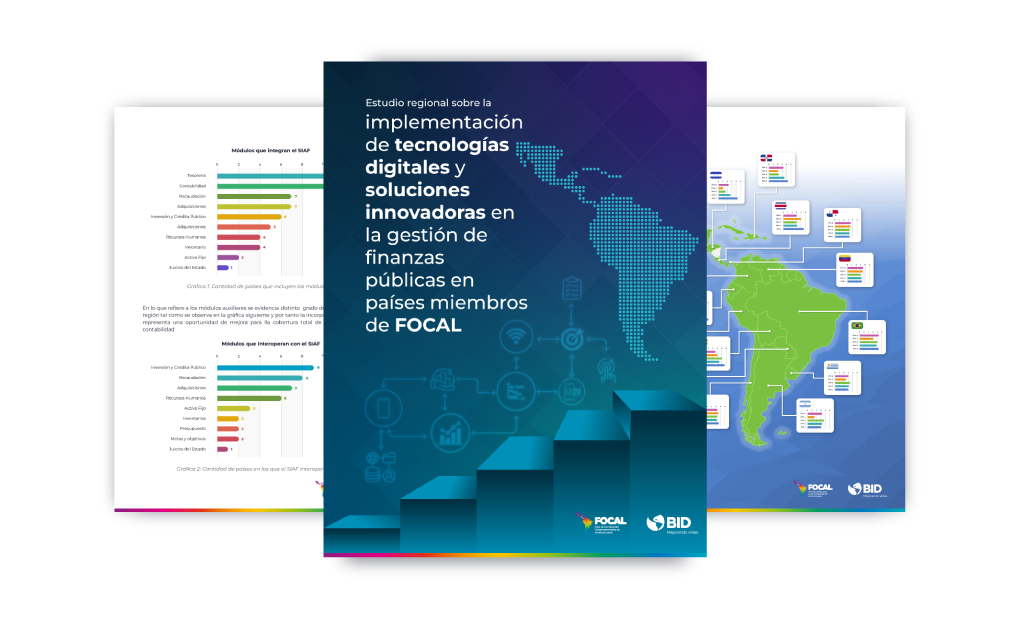
-
-
- AI
-
-
Artificial IntelligenceLearn moreAdvanced Artificial Intelligence (AI) and Big Data solutions that transform the way organizations make decisions and optimize their operations. We specialize in the development of intelligent autonomous agents and generative AI solutions using large language models (LLMs), both on local infrastructure and in the cloud.
-
- Press Room
-
-
Sustainable development
-
-
-
Interviews
 16/06/2025Virtual Threads in Java
16/06/2025Virtual Threads in Java
-
- Innovation
-
-
#GreenSofisMore information
Methodology
#GreenSofisSustainable Digital Transformation Conference
#GreenPath
-
-
-
AI For Everything
It is an initiative by Sofis Solutions, from the Intelligent Solutions Division, that promotes the adoption of artificial intelligence as a key driver of efficiency and effectiveness in the intelligent era.
It integrates both administrative and operational processes, promoting an organizational evolution where technology amplifies knowledge, optimizes decision-making, and generates value in a sustainable and inclusive way.
More information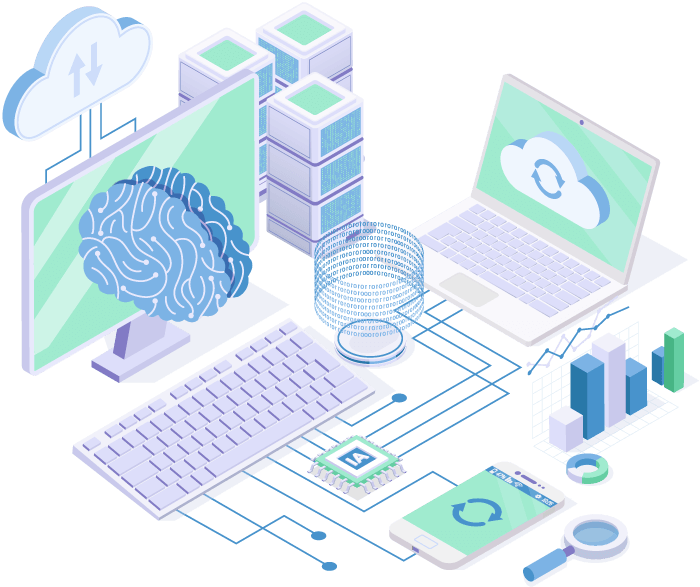
-
- Contact us
- ES PT-PT
-

Digitization of industries and artificial intelligence were the focus of the second day of the Sustainable Digital Transformation Conference.
Montevideo, November 8, 2023.
A new session of Sofis Solutions’ Sustainable Digital Transformation Conference was held with several key themes: sustainability, industry digitalization, and artificial intelligence.
The day began with an interview by journalist Leonardo Melchiori with Tata’s Marketing Manager, Ximena Quintas, who spoke about the partnerships being carried out in the retail industry in pursuit of sustainability, and also about the use of digital tools to drive improvements in user experiences.
Quintas thanked the opportunity and stated that talking about sustainability issues implies a great responsibility for industries, especially the textile sector, which impacts the environment through its production processes. For this reason, Tata has sought to partner with organizations that have an impact on sustainability issues, she said.
Technology in the industry
Technology is a fundamental part of many partnerships between organizations, highlighted Quintas, who explained that Tata has invested heavily in technology, for example in special systems to perform a scan and thus carry out a warehouse inventory in one minute. “The business is measured from end to end,” she said.
The digitalization of tools and processes impacts different business units, and also their sustainability. She mentioned that there are various digital tools that promote environmental care, such as virtual fitting rooms. These allow customers to determine clothing size before making purchases on e-commerce platforms, thus avoiding returns. This reduces product transportation and therefore vehicle movement and emissions.
Industry 4.0 and its contributions
In a second part of the conference, Andrés Croce, Technical Lead, spoke about the contributions of Industry 4.0 to sustainability and emphasized how the digitalization of documents and processes in organizations and companies helps reduce waste and thus contributes to environmental care.
Croce highlighted that industries have incorporated “a lot of technological advances” since the world began discussing how to improve production processes with technology. Being able to visualize how technology can improve and make production processes more efficient is something very positive and presents great opportunities for companies, as it allows them to make better decisions, he said, highlighting, like Quintas, the example of virtual fitting rooms.
“New industries need digital transformation,” he stated, and explained that when speaking about sustainability and digitalization, the key elements considered are: energy efficiency, sustainable production, efficient logistics, circular economy, waste and pollution reduction, and natural resource savings.
In that context, being able to interact with artificial intelligence to improve user experiences and productivity is fundamental, he indicated.
“In digital transformation there are opportunities, and interrelation is the key to success,” he said, recommending to start thinking about how systems, ways of thinking, and processes can be brought into industries to improve production processes and value chains, and thus help industries contribute to sustainability, while also providing benefits for society.
Promoting anti-corruption
Finally, in a third block, Laura Viré, Integrated Management Systems Coordinator, and Rodrigo Pagliaro, Compliance Officer, also mentioned artificial intelligence, in a presentation where they detailed how technology can be used to prevent and avoid bribery and corruption.
The widespread adoption of technologies such as artificial intelligence or blockchain allows them to be used to combat problems such as bribery and corruption in organizations and governments, they emphasized. In the public sector, the highest commitment must exist, Pagliaro indicated.
They shared several examples of tools that provide solutions in this regard, such as the Océano Platform in Colombia, which makes it possible to detect the concentration of people hired by the State and thus control public spending, or the Red Flag platform in Hungary, which allows consulting the electronic procurement journal.
Viré explained that there are new risks associated with corruption arising from increased contracting of technologies and allocation of resources for the digital transformation of organizations.
According to her, having high-quality data, reducing the digital divide, and having stronger regulations at the governmental level are some of the current challenges.
Sofis Solutions is committed to transparency and anti-corruption, which is why it implements the Anti-Bribery Management System, and has also led projects related to this issue, she assured. Some mentioned were Easy Budget, a platform of Uruguay’s Ministry of Economy and Finance where changes to the Budget and Accountability Laws can be seen; the Accountability platform in Honduras; and OFIT (Strong, Integral and Transparent Organizations), a digital tool for Ecuador that allows systematizing work and making a diagnosis of organizations in terms of accountability and integrity mechanisms.
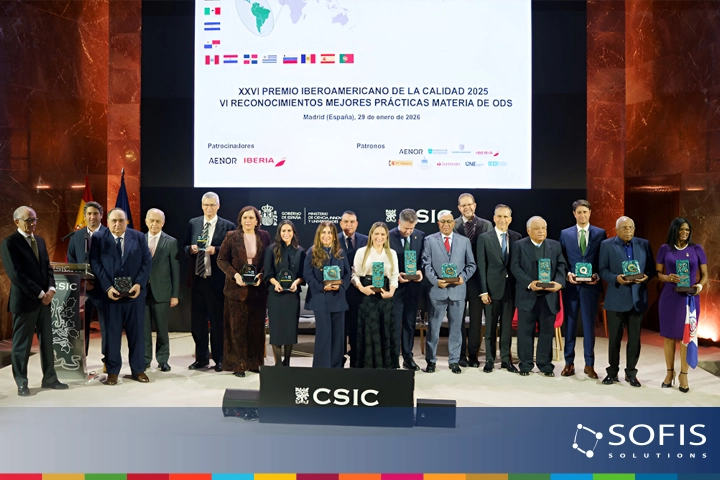
Madrid, January 29, 2026 – Sofis Solutions was honored with the Silver Award at the 2025 Ibero-American Quality Award, the highest recognition for exc......
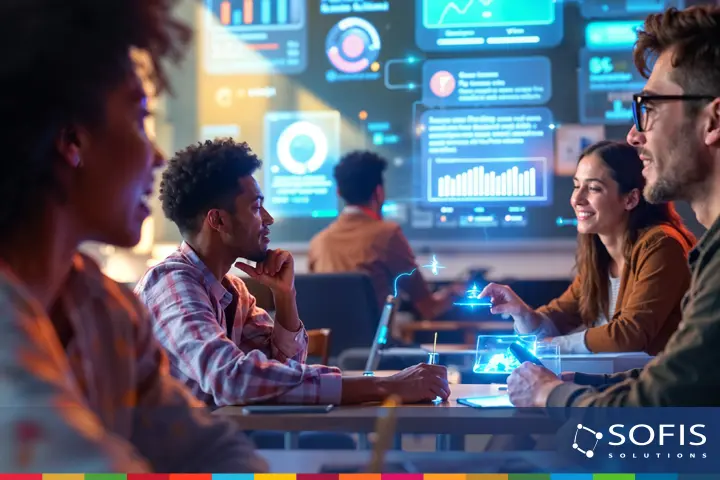
In this interview we talked with the Software Engineering Group of Sofis Solutions, a team that has been actively working on the evolution of its deve...

On November 20th, the pilot edition of Creative Bureaucracy UY 2025 took place at the Sala Verdi, the local precursor to the Creative Bureaucracy Fest...












 Digital Signature
Digital Signature BionA Suite
BionA Suite Biona SIgn
Biona SIgn